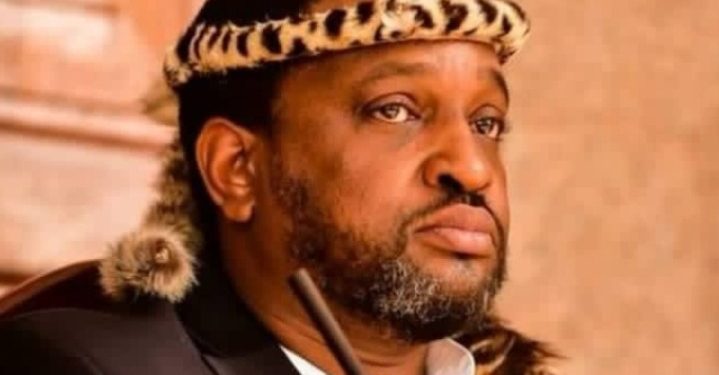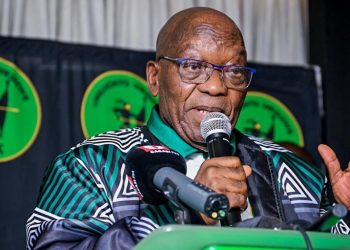King Misuzulu kaZwelithini has reportedly expressed a willingness to step down as chairperson of the Ingonyama Trust Board, provided the board is dissolved. This bold proposition, directed at Minister of Rural Development and Land Affairs Mzwanele Nyhontsho, comes amid escalating tensions between the monarch and the board over governance issues.
Background on the Ingonyama Trust
Established in 1994, the Ingonyama Trust administers approximately three million hectares of communal land in KwaZulu-Natal on behalf of the Zulu nation. The board’s role has been contentious, with critics accusing it of mismanagement and lack of transparency, while supporters emphasize its importance in preserving Zulu land rights.
Clashes Over Governance
Since ascending to the throne in 2021, King Misuzulu has frequently clashed with the board, particularly with its CEO, Advocate Vela Mngwengwe. In May, during a meeting with Amakhosi (traditional leaders) in Ulundi, the king criticized the board for sidelining him in key decisions, undermining his role as custodian of Zulu land.
King Misuzulu’s Proposal
The king’s call for the board’s dissolution is seen as a move to reassert his authority and push for structural reforms within the trust. By stepping down, King Misuzulu signals a willingness to pave the way for a new governance framework that prioritizes collaboration with traditional leaders and stakeholders.
Potential Implications
- Increased Monarch Influence: Dissolving the board could restore the monarch’s central role in land governance, aligning operations more closely with the Zulu nation’s needs.
- Structural Reforms: This could open the door for a more inclusive governance model that ensures accountability and transparency.
- Operational Disruption: Critics caution that dissolving the board may risk administrative instability and disruptions in land management.
Government’s Role and Response
Minister Nyhontsho has yet to comment on the king’s proposal, but the matter is likely to spark intense debates on the future of the trust. The government will need to carefully navigate these discussions, balancing the interests of traditional leadership with broader land reform policies.
What’s Next?
King Misuzulu’s demand highlights the ongoing struggle over traditional land governance in South Africa. The government’s response will be crucial in determining whether the trust can fulfill its mandate to serve the Zulu people while maintaining functional and effective administration.
This development underscores the complexities of balancing cultural heritage, traditional leadership, and modern governance in South Africa’s evolving political landscape.






















